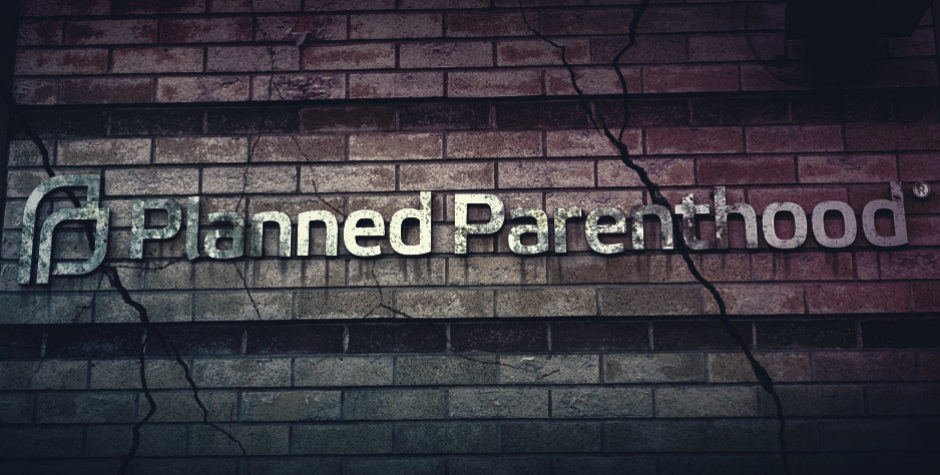Amicus Briefs Filed in ACLJ Appeal of Unjust Planned Parenthood Verdict Against Pro-Life Journalists Who Exposed Vile Practices
For over five years, the American Center for Law and Justice (ACLJ) has been representing a former board member of the Center for Medical Progress (CMP) in a lawsuit involving Planned Parenthood.
The case was filed in 2016 by Planned Parenthood after CMP exposed some of Planned Parenthood’s horrendous abortion practices through CMP’s undercover investigation known as the Human Capital Project. The CMP videos that were made public shocked the country and led to congressional investigations and congressional referrals for criminal prosecutions over the sale of aborted babies’ body parts.
The case went to trial during the fall of 2019. As we reported, after a nearly two-month trial, a San Francisco jury ruled against David Daleiden, CMP, its former board members – including our client – and the investigators.
Evidence at trial included an abortion doctor admitting the use of specific techniques during abortion procedures to keep certain baby organs intact, and another stating that she “wanted a Lamborghini” as compensation for the sale of those organs.
The trial court, however, repeatedly instructed the jury to ignore any evidence of Planned Parenthood’s illegal and unethical acts. The court instead instructed the jury to focus only on the Defendants’ investigative techniques and methods.
The jury ultimately found the Defendants liable to Planned Parenthood and returned a verdict of more than $2 million in damages against the Defendants, even though the truth of the videos was not challenged and Planned Parenthood did not assert a defamation claim.
The ACLJ appealed that verdict on behalf of our client to overturn that injustice. (Later, the trial court required the Defendants to pay Planned Parenthood’s attorney’s fees and costs in excess of $13 million. That ruling is the subject of a separate appeal in this case.)
We recently filed our opening brief with the Ninth Circuit Court of Appeals in our first appeal. Our brief, along with the separate briefs of our co-Defendants, explains to the appellate court that the verdict against our clients should be reversed.
Many amicus curiae (friend-of-the-court) briefs have since been filed. These briefs reinforce the arguments advanced by the Defendants and underscore to the appellate court the importance of this case, in particular, the need to protect First Amendment rights and undercover investigations.
For example, a group of free speech scholars and animal-advocacy organizations, including PETA, filed an amicus brief supporting the First Amendment rights of undercover investigators. They argue that the Ninth Circuit “should affirm that undercover investigative reporting on matters of public concern pursued through investigative deception is constitutionally protected speech.” They further note that the “First Amendment bars publication and reputation damages for non-defamation claims. But this is the very type of harm for which the district court allowed plaintiffs to recover by permitting plaintiffs to pursue their costs for increased security measures.” They observe that the “First Amendment limits on recoverable damages for non-defamation civil claims arising out of investigative reporting must be respected or else excessive civil damages awards and injunctions for reputation- or publication-type harm will chill undercover newsgathering and the investigative reporting reliant upon it.”
Also, Attorneys General (AGs) of 20 States, including Arizona, Indiana, and Texas, argued that the trial court wrongly dismissed Defendants’ public policy defense in ruling in favor of Planned Parenthood. The AGs explain that the CMP “videos included surreptitiously recorded statements by various Planned Parenthood employees and associates, which inspired a wide range of government action by the executive and legislative branches at the federal, state, and local levels.” The AGs argue that the trial “court’s categorical rejection of a public policy defense to restrictions on such recording and distribution wrongfully discounted this public interest in the case entirely. That holding should be reversed, in order to vindicate law enforcement access to evidence of wrongdoing.”
This case is far from over, as new judges will consider our arguments at the appellate court level. We will continue to pursue justice on behalf of our client, including eventually filing with the United States Supreme Court if need be. We ask for your continued support as we move forward in this important case.
